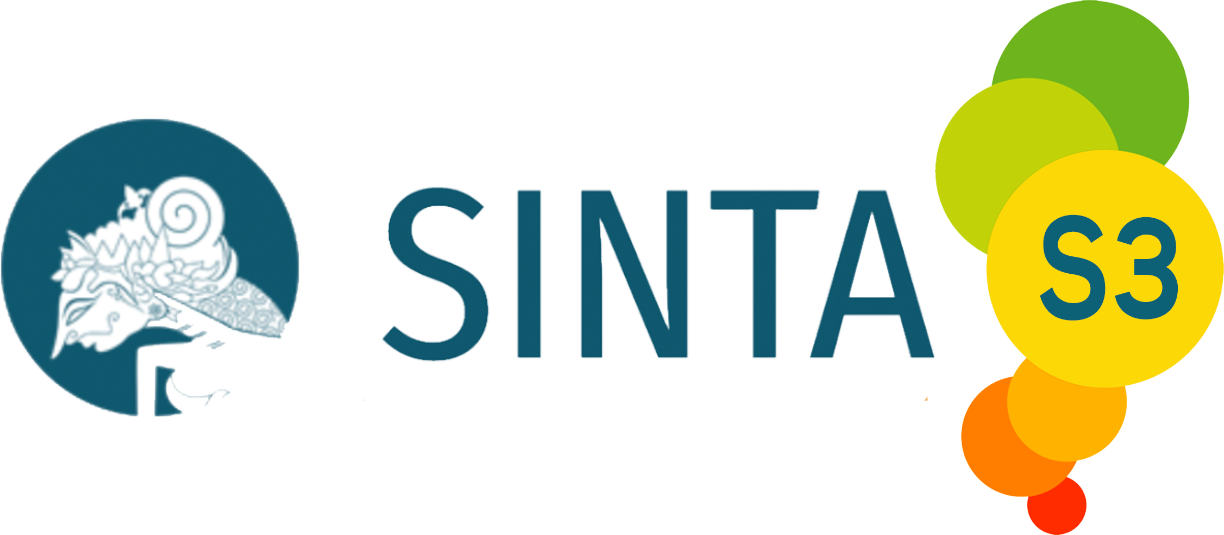Pembentukan karakter melalui outdoor learning dalam pembelajaran IPS
DOI:
https://doi.org/10.21831/jipsindo.v8i1.39185Keywords:
outdoor learning, karakter, IPSAbstract
Tujuan penelitian adalah mengetahui bagaimana pembentukan karakter melalui outdoor learning dalam pembelajaran IPS SMP. Metode yang dingunakan yaitu penelitian kualitatif. Penelitian dilakukan di SMP Tumbuh Yogyakarta. Data diperoleh dari hasil indept interview dengan key informan: kepala sekolah, para wakil kepala sekolah, wali kelas, guru, dan siswa. Data dianalisis dengan menggunakan langkah-langkah: data reduction, data display, dan conclusion/verification). Berdasarkan hasil penelitian dapat disimpulkan: 1) Pembentukan karakter dapat dibagi menjadi dua strategi , yaitu internal dan eksternal sekolah; 2) strategi internal sekolah dapat ditempuh melalui empat pilar, yakni kegiatan belajar mengajar di kelas dengan metode pembelajaran yang telah disiapkan, kegiatan keseharian dalam bentuk school culture, kegiatan habituation, kegiatan kokurikuler, dan ekstra kurikuler; dan 3) strategi eksternal dapat ditempuh melalui kerja sama dengan orang tua dan masyarakat.
Character building through outdoor learning in social studies learning
The purpose of this study was to determine how character formation through outdoor learning in junior high school social studies learning. The method used is qualitative research. The research was conducted at SMP Tumbuh Yogyakarta. Data obtained from the results of indept interviews with key informants: school principals, vice principals, homeroom teachers, teachers, and students. Data were analyzed using the following steps: data reduction, display data, and conclusion/verification). Based on the research results, it can be concluded that: (1) Character building can be divided into two strategies, namely internal and external schools; (2) the school's internal strategy can be pursued through four pillars, namely teaching and learning activities in class with prepared learning methods, daily activities in the form of school culture, habituation activities, co-curricular activities, and extra-curricular activities; and (3) external strategies can be pursued in collaboration with parents and the community.
References
Bogdan, R., C, & Biklen, S., K. (1998). Qualitatif research for education: An introduction to theory and methods. Aliyn and Bacon, Inc.
Kesuma, D. dkk., (2011). Pendidikan karakter: Kajian teori dan praktik di sekolah. PT. Remaja Rosdakarya.
Lickona, T. (1991). Educating for character: How our schools can teach respect and responsibility. Bantam Books.
Lickona, T. (1999). Character education: Seven crucial issues. Action in Teacher Education, 20(4), 77–84. https://doi.org/10.1080/01626620.1999.10462937
Purnomo, D. (2019). murid-menantang-guru-bukti-gagalnya-pendidikan-karakter https://www.kompasiana.com/donypurnomo/5c610caebde575270b7c8535/murid-menantang-guru-bukti-gagalnya-pendidikan-karakter, diakses 18 Maret 2021
Wibowo, S., Sudarsono, A., & Sudrajat. (2016). Implementasi pendidikan karakter di SMP Negeri 2 Klaten dan Mts. Wahid Hasyim Yogyakarta. JIPSINDO, 3(1), 1–23. https://doi.org/10.21831/jipsindo.v3i1.9663
Wulandari, t., Wijayanti, A. T., & Sudrajat. (2015). Muatan nilai-nilai karakter melalui permainan tradisional di PAUD Among Siwi, Panggungharjo, Sewon, Bantul. JIPSINDO, 2(1), 44–65. https://doi.org/10.21831/jipsindo.v0i0.4524
Undang-Undang Republik Indonesia Nomor 20 Tahun 2003 tentang Sistem Pendidikan Nasional.
Zubaedi . (2011) Desain pendidikan karakter konsepsi dan aplikasinya dalam lembaga pendidikan. Prenada Media Group
Downloads
Published
Issue
Section
License
Authors who publish with this journal agree to the following terms:
- Authors retain copyright and grant the journal right of first publication with the work simultaneously licensed under a Creative Commons Attribution License that allows others to share the work with an acknowledgement of the work's authorship and initial publication in this journal.
- Authors are able to enter into separate, additional contractual arrangements for the non-exclusive distribution of the journal's published version of the work (e.g., post it to an institutional repository or publish it in a book), with an acknowledgement of its initial publication in this journal.
- Authors are permitted and encouraged to post their work online (e.g., in institutional repositories or on their website) prior to and during the submission process, as it can lead to productive exchanges, as well as earlier and greater citation of published work (See The Effect of Open Access).

JIPSINDO (Jurnal Pendidikan Ilmu Pengetahuan Sosial Indonesia) is licensed under a Creative Commons Attribution-ShareAlike 4.0 International License.
Based on a work at https://journal.uny.ac.id/index.php/jipsindo.











